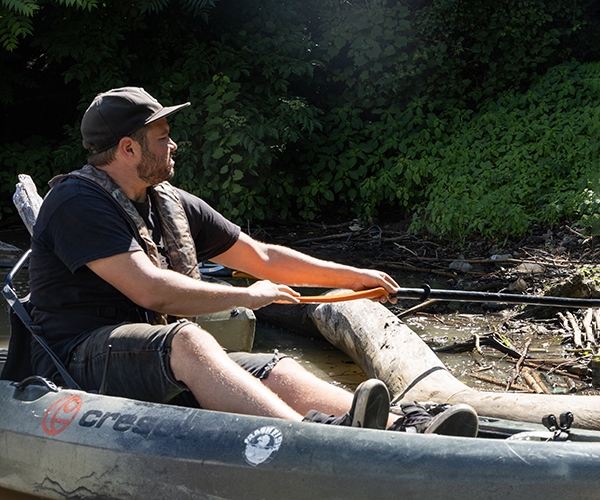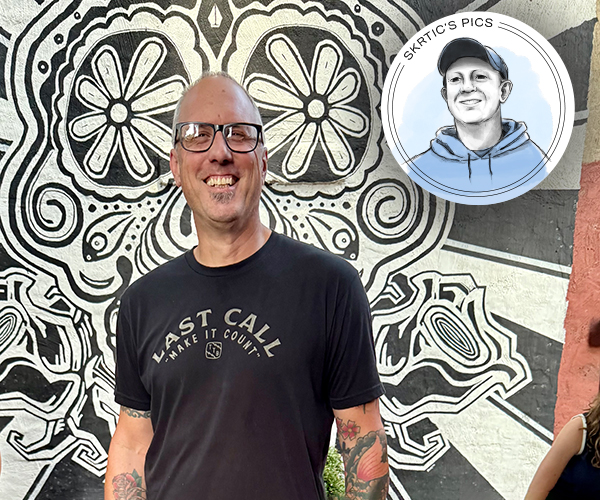A lot of people think that this is a lowly kind of job - a sad, horrible, depressing job. And it’s not.
We get a lot of requests from people whose relatives have just died. I try to assess things as quickly as I can, but I pretty much tell everybody we can’t guarantee anything. Sometimes, I have every intention of writing a story, then some famous person dies the next hour.
The thing with the bereaved is that sometimes they’re overwhelmed. They start to cry, and you have to just give them time. Other times, I’ve been rebuffed because they really didn’t like the person who died. It’s awkward.
The hardest is talking to sons- or daughters-in-law, because they didn’t really know the person, and they have only one view of them.
Also, people give us information that we can’t substantiate. They’ll tell us Grandpa got this humongous medal for his service in the war, but they don’t really know the story behind it. They don’t have the discharge papers or any other information.
Or they’ll say that Grandma was the first woman to fill a cavity - or some other “first.” Unless it’s been documented, it’s kind of a scary thing to say. Historians regard obituaries as something to base their work on - and I don’t want to get it wrong.
I’m at that age where I know I’m probably not going to win a Pulitzer. I don’t have this great ambition to work for The New York Times. I’m telling the stories of peoples’ lives. It’s something to be celebrated. Writing something that’s going to last. That people will save for future generations.
- as told to Colleen Mytnick
Writing Someone's Obituary
Alana Baranick is an obituary writer for The Plain Dealer and author of “Life on the Death Beat,” which is available at her Web site, www.deathbeat.com.
in the cle
12:00 AM EST
December 1, 2006



